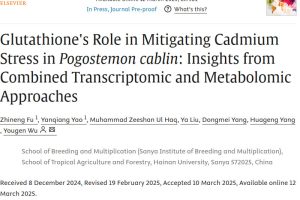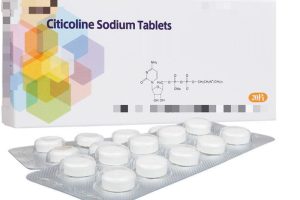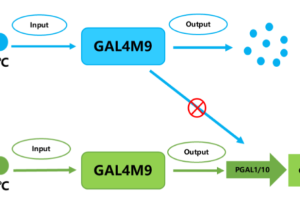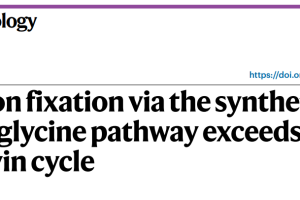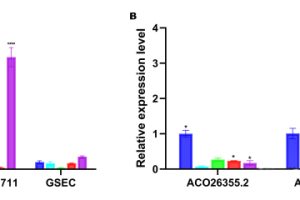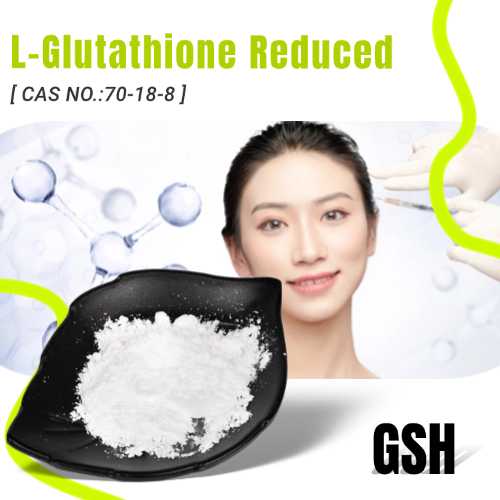Glutathione (GSH), a potent antioxidant produced by the liver, promotes longevity by reducing oxidative stress and enhancing cellular detoxification.
Glutathione key information
Glutathione (GSH) targets multiple markers of aging, such as oxidative stress and mitochondrial dysfunction, making it a prime candidate for longevity interventions.
The study by pharmacist Dr. Nayan Patel highlights the effectiveness of transdermal GSH delivery mode, which improves absorption efficiency and bioavailability.
What is the role of glutathione?
Glutathione, which is found in every cell of the human body, is one of the most abundant and powerful antioxidants in our body and is made up of three amino acids: glutamine, cysteine, and glycine. Although found in some natural foods such as asparagus, avocado, and broccoli, this tripeptide is primarily produced in the liver.
There, it plays an important role in the detoxification pathway, helping the body process and eliminate toxins, drugs and other harmful substances.
In addition to helping with detoxification, glutathione also helps neutralize free radicals – unstable molecules that can damage cell structures. Free radicals are an inevitable byproduct of the body’s metabolic activity and exposure to environmental stress.
The large presence of free radicals leads to increased oxidative stress, which is an accelerator and hallmark of aging and is associated with a variety of age-related diseases.
Numerous studies have validated the role of GSH in health and aging. Notably, one study found that supplementing mice with GlyNAC, a compound that significantly increases GSH levels, extended the rodents’ lifespans by up to 24 percent.
Notably, when the researchers gave GlyNAC supplements to older adults, the treated subjects showed improvements in memory and physical performance.
The team speculates that GlyNAC’s effects stem from reducing several markers of aging, including oxidative stress, inflammation, and mitochondria.

Taken together, these findings suggest that GSH supplementation may have a profound impact on human longevity, potentially extending life span and improving overall health.
Other potential benefits of glutathione include:
- Improve fertility
- Enhance cardiovascular health
- Protect DNA
- Improve insulin resistance
- antichemotherapy
Glutathione delivery challenges
Traditional GSH supplementation methods, such as oral and intravenous, often face challenges in terms of absorption and practicality. Dr. Patel explained that when GSH is ingested, it breaks down into its constituent amino acids, which are then reassembled by the body into GSH.
Many people do not do this effectively, resulting in inadequate GSH recovery and reduced benefits.
Dr. Patel’s innovative research focused on transdermal delivery of GSH, providing a non-invasive and effective way to increase GSH levels in the body.
His patented technology stabilizes glutathione in a water-based system, ensuring its effectiveness before absorption through the skin. Dr. Patel asserts that this approach allows GSH to be efficiently absorbed and delivered into the bloodstream, bypassing the harsh environment and metabolism of the digestive system.
NAD+ may enhance glutathione
In addition to sharing his research on enhancing GSH levels through percutaneous delivery, Dr. Patel also highlighted his research on nicotinamide adenine dinucleotide (NAD+).
NAD+ is not only essential for energy production, DNA repair, and mitochondrial maintenance, but is also heavily involved in the synthesis of GSH. Therefore, by supplementing NAD+ levels, which naturally decline with age, the synthesis of GSH may increase and our risk of age-related diseases may also decrease.
Dr. Patel noted that he is excited about the potential for using NAD+ and GSH to enhance human health and longevity.
A promising future for glutathione in longevity research
GSH enhances detoxification and its ability to target multiple markers of aging, such as oxidative stress and mitochondrial dysfunction, making it a top candidate for longevity interventions.
Dr. Patel’s advances in transcutaneous GSH delivery also suggest that we may be able to increase cell bioavailability to allow humans to experience the benefits of GSH. Given the lack of extensive human studies, it is too early to determine these benefits.
Those interested in exploring the intricacies of glutathione (GSH) might consider reading Dr. Patel’s book, The Glutathione Revolution, which delves into the science and benefits of this indispensable antioxidant.
reference
- Adeoye O, Olawumi J, Opeyemi A, Christiania O. Review on the role of glutathione on oxidative stress and infertility. JBRA Assist Reprod. 2018 Mar 1;22(1):61-66. doi: 10.5935/1518-0557.20180003. PMID: 29266896; PMCID: PMC5844662
- G. Lelli et al., The role of reduced glutathione on oxaliplatin-induced neuropathy in colorectal cancer patients. JCO 25, 19539-19539(2007). DOI:10.1200/jco.2007.25.18_suppl.19539
- Kumar, P.; Osahon, O.W.; Sekhar, R.V. GlyNAC (Glycine and N-Acetylcysteine) Supplementation in Mice Increases Length of Life by Correcting Glutathione Deficiency, Oxidative Stress, Mitochondrial Dysfunction, Abnormalities in Mitophagy and Nutrient Sensing, and Genomic Damage. Nutrients 2022, 14, 1114. https://doi.org/10.3390/nu14051114
- Kumar P, Liu C, Hsu JW, et al. Glycine and N-acetylcysteine (GlyNAC) supplementation in older adults improves glutathione deficiency, oxidative stress, mitochondrial dysfunction, inflammation, insulin resistance, endothelial dysfunction, genotoxicity, muscle strength, and cognition: Results of a pilot clinical trial. Clin Transl Med. 2021;11:e372.
- Ramires PR, Ji LL. Glutathione supplementation and training increases myocardial resistance to ischemia-reperfusion in vivo. Am J Physiol Heart Circ Physiol. 2001 Aug;281(2):H679-88. doi: 10.1152/ajpheart.2001.281.2.H679. PMID: 11454572.


